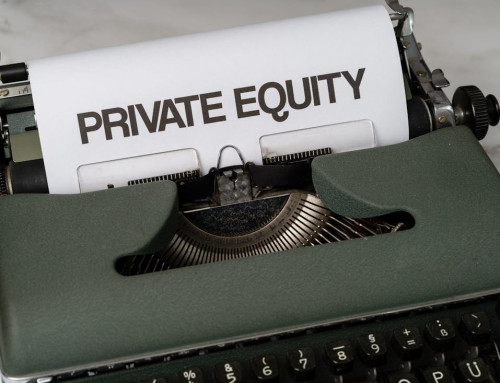During my time as an entrepreneur, I’ve had the privilege to talk with several CEOs. One such story I’m often reminded of when it comes to planning and/or executing a graceful exit strategy from a company is a great example of a business owner who knew precisely when to close up shop at the right time…
After two years and with a little over $1-million in the bank, this particular CEO made the tough decision to shut down his company, return investors their capital, take what he’d made in profit and move on to greener pastures.
Some would consider this crazy. I mean, he had made over a million in just over two years after all! Surely the business was doing better than the vast majority of startups do?
Not to him. He didn’t feel it was considering the market potential and he hadn’t met any of the major financial goals he’d set for the business during that two year timeframe either.
He wanted to spare his investors the burden of investing millions more of their own money, perhaps watching the business flat-line or even crumble around them in the ensuing months and years. This particular CEO felt the business had capped out and he didn’t want to risk ruining relationships with his investors.
You’ll find stories like this one to be rather rare. Most wait until it’s too late. Whether they have investors on the hook, or are strictly financing the business on their own.
This CEO had made the right decision and chose to exit the business gracefully, with his pride intact, and the respect of all those involved for not treating their money like it was disposable.
3 Specific Traits Needed for Graceful Exit Strategy

Here are the 3 core values this CEO used to make a graceful exit from their business, without ruining important business relationships in the process:
1. They’re Honest
Some CEOs refuse to see the forest for the trees. They’re so wrapped up in their ambition to see that things haven’t gone the way they thought they would and that there’s no real end in sight to the bumpy road the business is traveling down.
Beyond the worst case scenario (ie., the business has to shut its doors pronto), an honest CEO will keep investors apprised even when it looks like tough times are looming ahead for the business. That way nobody’s shocked when/if the need to shut down comes.
2. They Have a Plan
Good CEOs don’t let their feelings get in the way of reality. And they don’t fly by the seat of their pants hoping and praying on revenue numbers. They set specific goals in every area of the business with a well-laid plan.
That plan has to include for every predictable variable, such as unexpected expenses, investors pulling out at the last minute, loans being called back, competition moving in next door, and even inflationary variables as they arise. The plan allows them to anticipate threats and take action (ie., keep going or start to slow down/reel things in.)
3. They’re Responsible for Cleanup
Once they make the decision to wind down the business, a graceful CEO won’t leave a huge mess behind them for their investors and/or management to clean up in their absence. A graceful CEO is accountable to the end.
This includes letting employees go and doing so respectfully. Another dirty part of the exit process that’s often left in the investor’s hands when a CEO bails and disappears without a trace is the selling of property, equipment and other equity items. Graceful CEOs make sure the financials are taken care of and don’t leave their investors holding the proverbial mop when all’s said and done.
As for the unnamed CEO that spawned this story: I’ve since heard he’s went on to be successfully involved in several businesses. He’s loved by investors and respected by his family and peers.
Is there any other key traits you feel an entrepreneur needs to pull off a graceful exit strategy?






